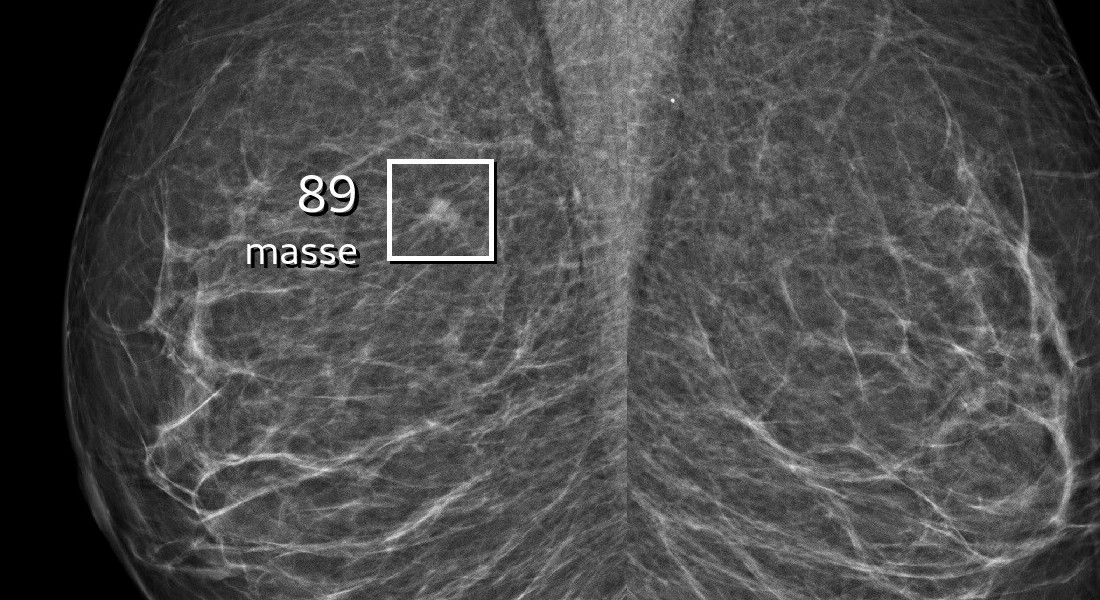Time: 2024-06-29
Artificial intelligence (AI) has been making significant strides in the field of medical imaging, especially in mammography for breast cancer screening. A recent study led by Andreas Lauritzen, PhD, from the University of Copenhagen in Denmark, has shown that the use of AI in population-based mammography studies can lead to a 20% decrease in the recall rate and a 33% decrease in reading workload for radiologists.
The study, conducted over a period of several years, involved more than 119,000 women in the Danish Capital Region. It was found that AI-assisted screenings not only detected more cases of breast cancer but also reduced false positives. The positive predictive value of AI-assisted screening was significantly higher compared to traditional methods, leading to increased cancer detection rates and the detection of smaller tumors.

The integration of AI into breast cancer screening has had a profound impact on radiologists' workload and screening performance. Prior to the introduction of AI, radiologists detected an average of 70 cases of breast cancer per 10,000 screenings. With the implementation of AI, this number increased to 82 cases per 10,000 screenings, indicating a 12% increase in cancer detection.
Furthermore, AI has helped reduce the workload of breast radiologists by 33.4%, allowing them to focus their time and resources on cases that require immediate attention. The study also reported a decrease in the recall rate, false-positive rate, and an increase in the rate of small cancers detected, highlighting the effectiveness of AI in improving screening outcomes.
The study authors emphasized the need for further evaluation of screening sensitivity, specificity, and the impact of AI on detecting higher ductal carcinoma in situ (DCIS). They also pointed out the importance of understanding the types of cancers detected and their impact on patient outcomes, beyond just increased cancer detection rates.
While the study has shown promising results in the use of AI for breast cancer screening, more research is needed to assess the long-term effects and benefits of AI in different screening environments. The potential of AI to revolutionize breast imaging is evident, but careful consideration must be given to the standardization and optimization of AI tools to ensure consistent performance across different systems.
In conclusion, the integration of AI into breast cancer screening holds great promise for improving detection rates, reducing false positives, and decreasing radiologists' workload. With ongoing advancements in AI technology, the future of medical imaging and breast cancer screening looks increasingly bright.